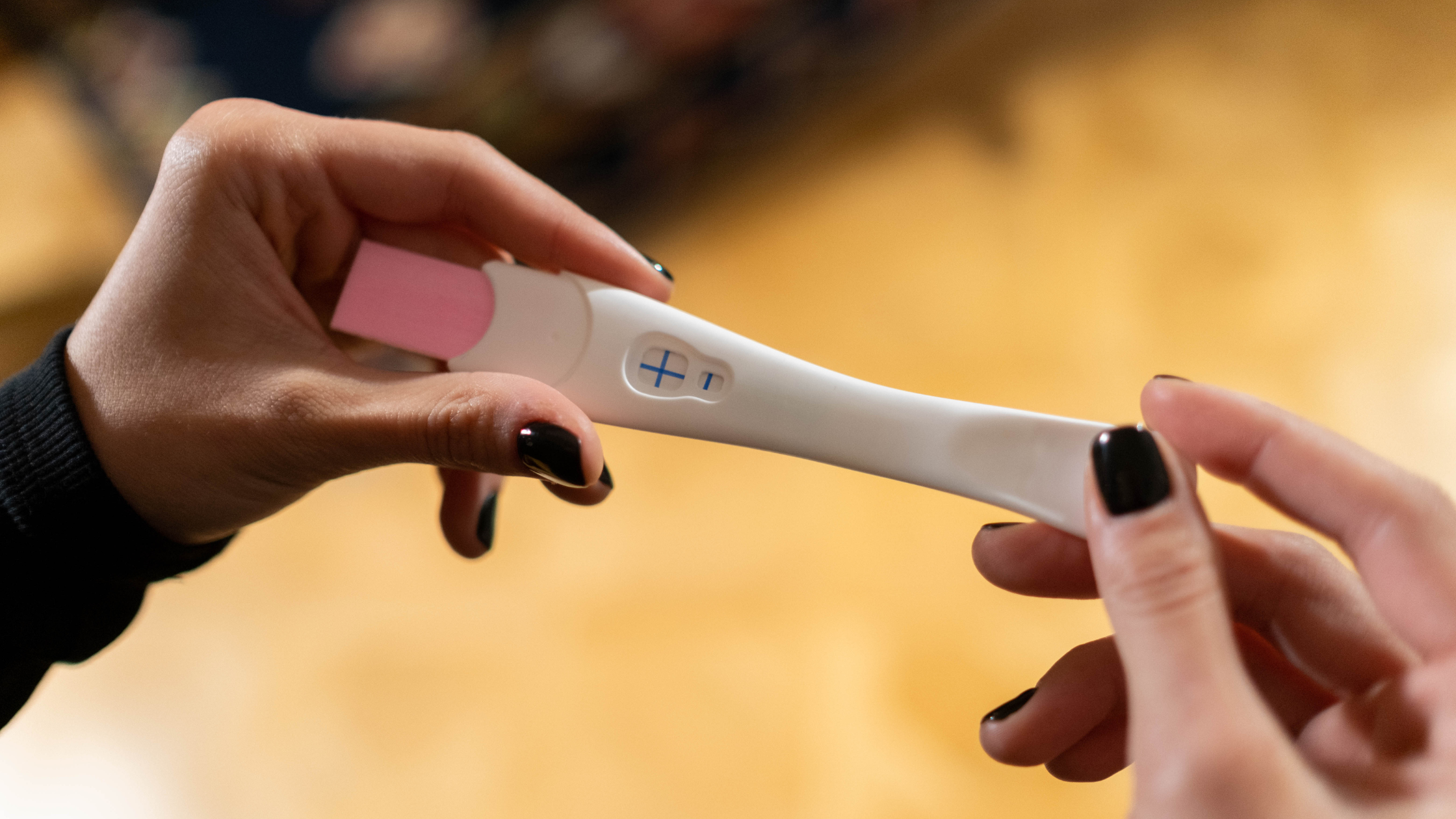
If you are trying to have a baby, you may be looking up online all different tricks to get pregnant: exercising, eating certain diets, having sex at a certain interval. However, did you know that sleep can actually impact your fertility?
This effect is even more profound if you have struggled to get pregnant and are considering other fertilization methods, like in-vitro fertilization (IVF). Continue reading to learn more about how your sleep habits, and sleep deprivation, can increase struggles with infertility.
Hormone Fluctuations with Sleep
Your hormones are greatly influenced by sleep. This is because your circadian rhythm is your internal clock that helps daytime, nighttime, and monthly hormones release on a proper schedule. if you don't get enough sleep, then you aren't giving this clock a chance to synchronize with real world time. This can throw off your hormone levels, making it increasingly difficult to become pregnant.
Getting the recommended number of hours of sleep - 7-9 for most adults - can have a positive impact on progesterone, estrogen, follicle stimulating hormone (FSH) and luteinizing hormone (LH), all of which are vital for achieving pregnancy. Sleep can help regulate them so they release at the right time of the month and optimize chances of fertilization and proper implantation.
Light Pollution and Egg Quality
Light pollution refers to the blue light that is emitted from your devices while you are scrolling right before bed. That light is harmful for a variety of reasons, including reducing your egg quality. The most important impact that blue light has on your body is its effect on melatonin secretion. Melatonin is the sleep hormone, and is controlled by the exposure of your eyes to light. When your eyes sense light, it stops producing melatonin and vice versa.
Melatonin is secreted to help you go to sleep. So if you are scrolling on your phone late at night, your body is unable to release the hormone that is vital for a good night's rest. Not only does melatonin help you get enough sleep, but it is also protective for your eggs when you near ovulation. Without enough melatonin, your egg quality can suffer which can make achieving pregnancy more difficult.
Night and Shift Work
One subgroup of individuals who may especially struggle with infertility are night and shift workers. These are workers who work non-traditional work hours, outside of the standard 9-5. They may work the evening or even overnight shift. This can lead to a variety of health issues, including increased rates for high blood pressure, diabetes and obesity.
This is because they are forced to be awake and sleep on schedules that fall out of sync with the light and dark patterns of the day. This can throw their hormones out of whack and make it hard for them to maintain their health and receive enough sleep. The night shift is also called the "infertility" shift for this exact reason.
There are higher rates of infertility for women who work nights. One study suggests it's because of the disruption to the circadian rhythm, which can lead to hormonal imbalances, lower estrogen levels, and irregular menstrual cycles. All of these factors can make achieving pregnancy increasingly more difficult.
Poor Sleep Quality
Sleep quality is also an important factor for increasing fertility chances. It's not enough that you are in bed for 7-9 hours. It's also important that you are achieving good, quality sleep for that same amount of time. Lying in bed with anxiety or depression, or tossing and turning all night will decrease your sleep quality, making it increasingly more challenging for you to get a good night's rest.
Some things that can improve your sleep quality include making sure your environment is cold, dark and quiet, reducing your liquid intake before bed, exercising throughout the day, and creating a bedtime routine that helps you decompress from a long day.
If you are trying to get pregnant, and think that a lack of sleep may have something to do with your challenges, please click the orange button below to take a free online sleep test and talk with one of our sleep health professionals.
https://www.ivforlando.com/blog/4-ways-sleep-impacts-fertility#:~:text=According%20to%20the%20American%20Society,your%20best%20chance%20of%20success.

